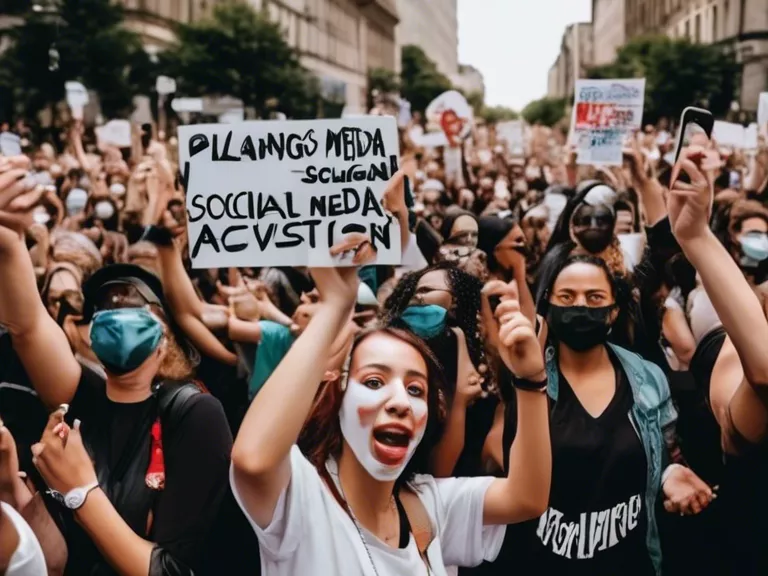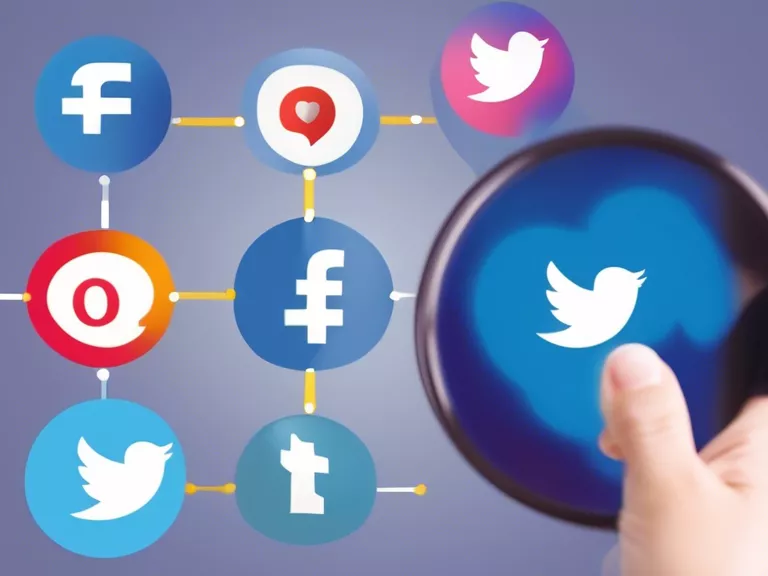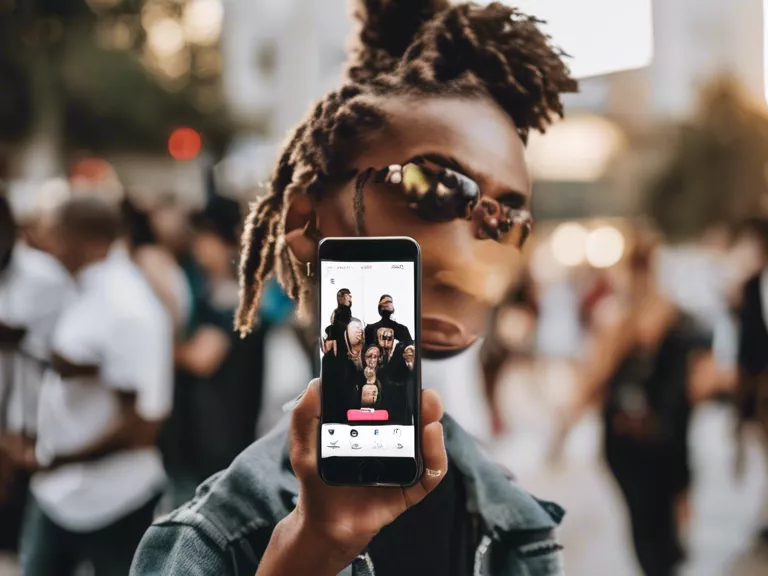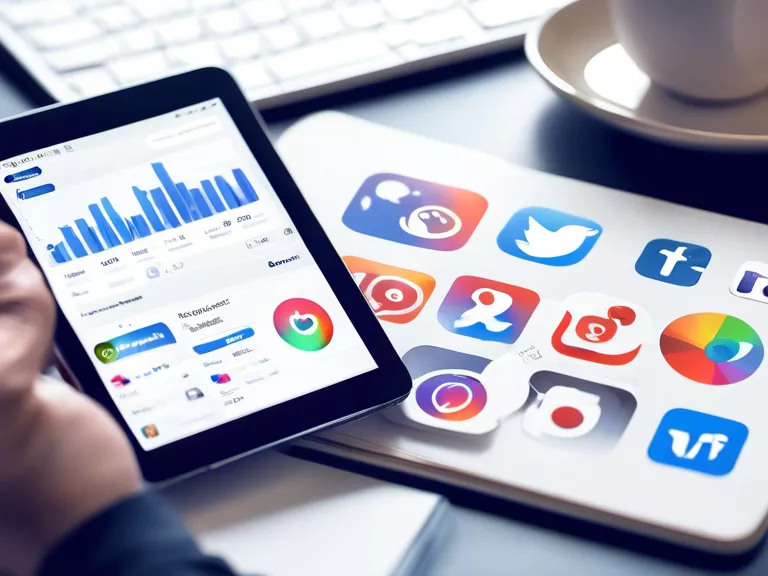
In the era of social media dominance, activists have found a powerful tool to amplify their voices and spread messages of change. Platforms like Twitter, Facebook, Instagram, and TikTok have become crucial tools in organizing protests, raising awareness, and mobilizing support for various causes. Social media's role in activism cannot be overstated, as it allows for real-time communication, global reach, and the ability to connect with like-minded individuals. Let's explore how social media platforms are revolutionizing the world of activism and empowering individuals to make a difference.
One of the key ways social media is transforming activism is by providing a platform for marginalized voices to be heard. Traditional media outlets often ignore or downplay issues affecting minority groups, but social media allows individuals to bypass traditional gatekeepers and share their stories directly with a global audience. Whether it's the #BlackLivesMatter movement, the #MeToo movement, or the fight for LGBTQ+ rights, social media has been instrumental in giving a voice to those who have been silenced for too long.
Additionally, social media has made it easier for activists to organize and mobilize support for their causes. Platforms like Facebook Events and Twitter hashtags make it simple to spread the word about rallies, marches, and other actions, leading to larger turnouts and greater impact. Activists can also use social media to fundraise, engage with supporters, and collaborate with other organizations, creating a network of solidarity that spans geographic boundaries.
Furthermore, social media allows activists to hold those in power accountable and push for change. By shining a light on injustices, sharing evidence of wrongdoing, and mobilizing public outrage, activists can pressure governments, corporations, and institutions to take action. The power of social media to generate viral moments and spark conversations has forced companies to rethink their practices, lawmakers to introduce new legislation, and individuals to confront their own biases.
In conclusion, social media's role in activism is a double-edged sword. While it provides a platform for marginalized voices, facilitates organizing efforts, and holds power to account, it also comes with challenges such as censorship, echo chambers, and the spread of misinformation. As activists continue to harness the power of social media for change, it is essential for users to critically engage with the content they consume and amplify voices that are often silenced.



